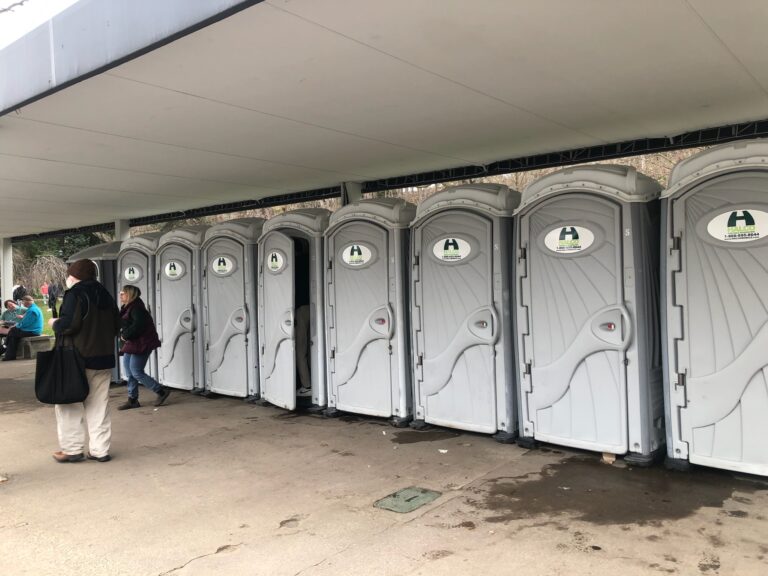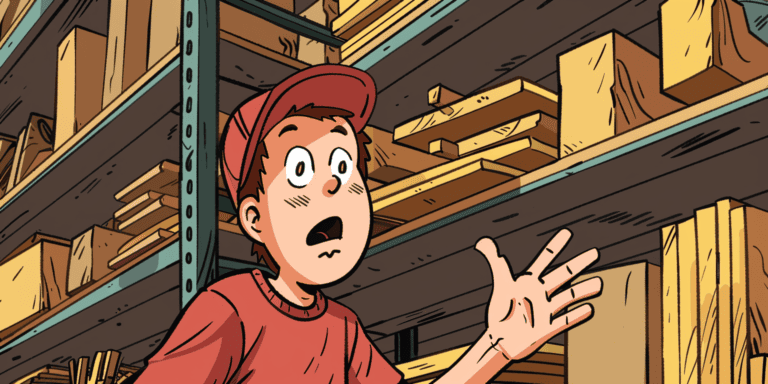Dear editor:
While tough words from town council and talk of significant penalties for people in Niagara-on-the-Lake operating short-term accommodation to visitors may be warranted, I recommend that councillors start at the beginning if they want to get this issue right the first time.
The first step should be to reconfirm that the town is comfortable permitting residents to offer short-term accommodation to visitors to our area.
There are economic and environmental reasons for accepting short-term rentals, so it should be OK.
There are two types of short-term rental: hosted accommodation in bed and breakfast homes (B&B) and country inns, where the host lives on-site, and non-hosted accommodation in what are known as cottages or short-term vacation rentals.
The town needs to have a vision for short-term accommodation over the next several years and determine whether it prefers one type of accommodation over the other.
If it does, it needs to ensure that its new town bylaw is designed to encourage that sector of the industry. That was the step previous councils never considered.
I was the president of the Bed & Breakfast Association back in 2006-08 when council was active in amending the bylaw and enforcing it.
During my time, we attempted to brief the lord mayor and chief administrative officer about the state and trends in the industry that we saw.
Coun. Gary Burroughs can attest that Lynne LeGallais and I briefed him and then CAO Lew Holloway that the most significant change we were seeing was the increase in number and size of cottages in the town.
We advised at the time that the emphasis on amendments to the bylaw had been aimed at the hosted accommodation sector and implicitly encouraged the conversion of hosted accommodation in larger houses to non-hosted.
The significant differences between the two sectors during my time were different off-street parking requirements, different hosting requirements and licence costs, but the big one was the requirement to go through a zoning change process to offer hosted accommodation in more than three bedrooms and to have a property of sufficient size to even qualify for the change in zoning.
A number of four-bedroom houses were quickly converted in the aftermath of the bylaw amendments. That trend plus out-of-town ownership and management continued, at least until I left the industry after the 2008 season.
And, for the record, the old bylaw had very sharp teeth.
That bylaw had in it the following offences that were considered to be “major:” renting rooms in a completely unlicensed residence, offering hosted accommodation in a room that was unlicensed and uninspected, and offering to host events or parties at any type of hosted accommodation.
There was no provision in the bylaw for a hearing for the charged operator to offer a defence. The penalty in those cases was usually a fine and licence suspension for up to a year.
In what those of us in the industry always thought was a “sting” operation, one weekend in 2005 or 2006, two hosted accommodation operators were charged, one with renting unlicensed rooms, one with hosting a wedding reception. Each of these operators paid a fine of $25,000.
Kenn Moody
St. Davids










